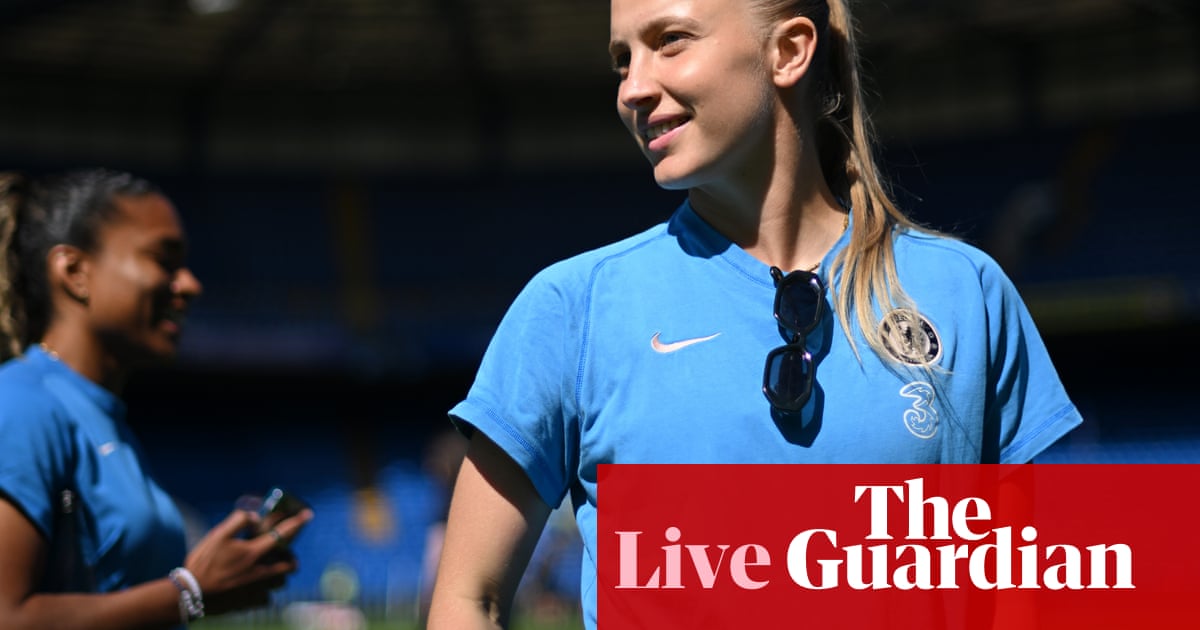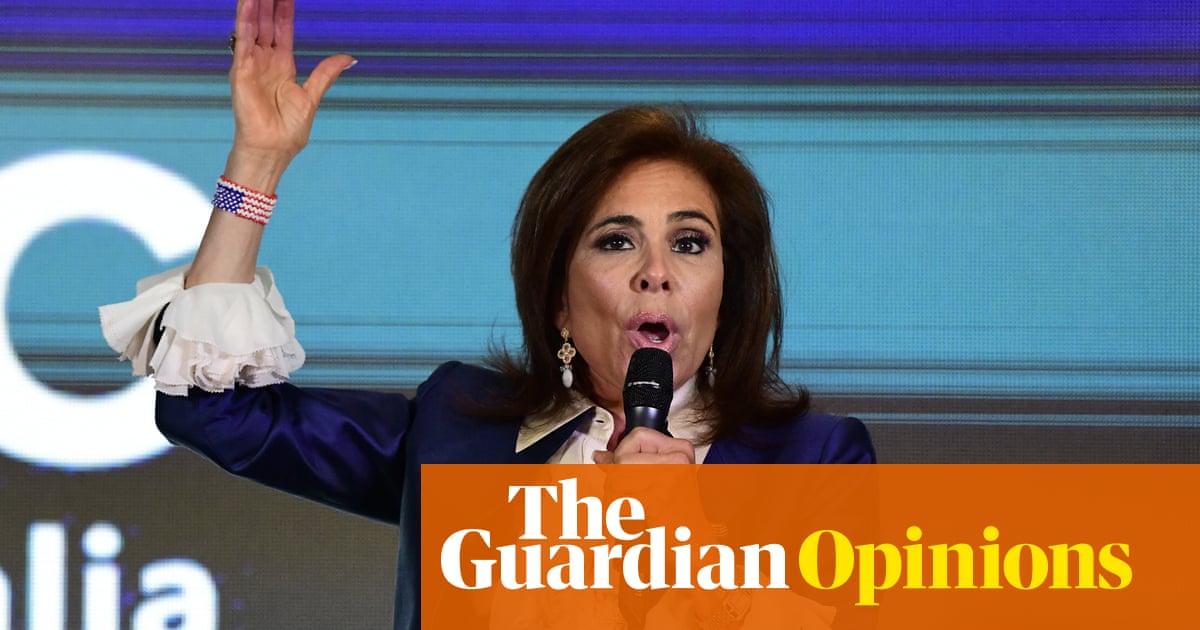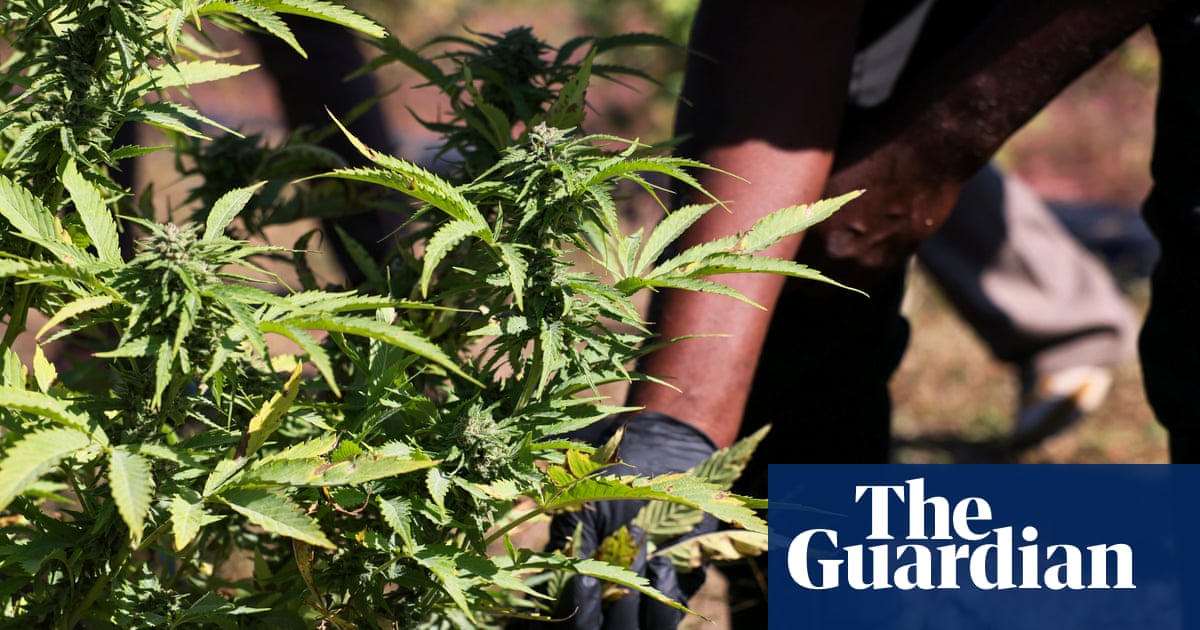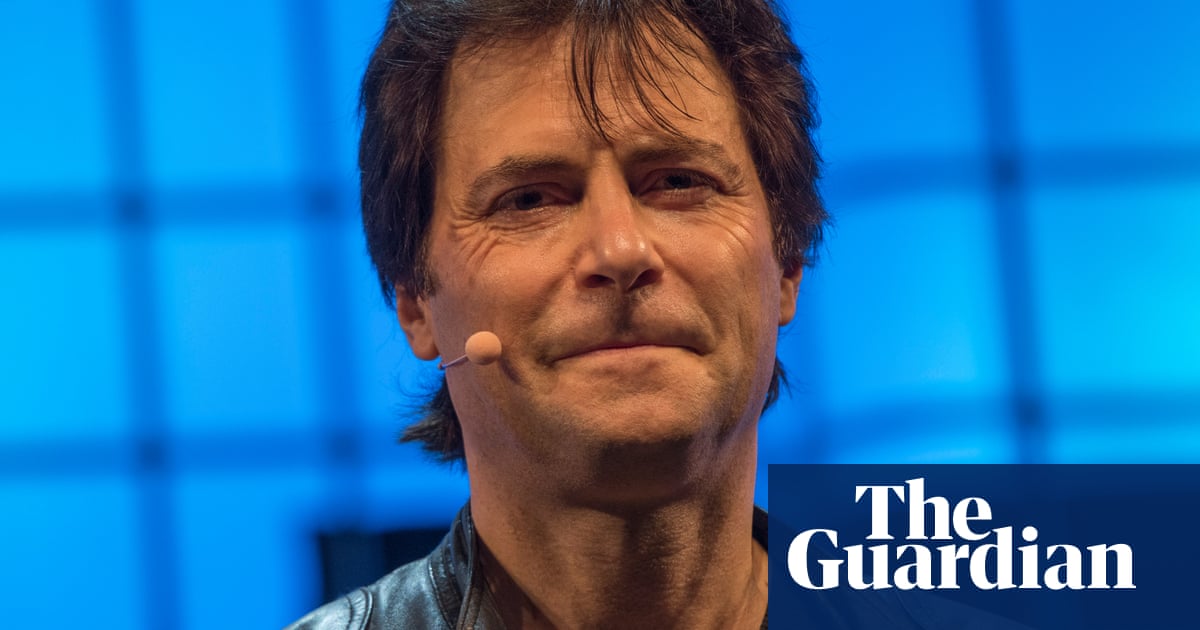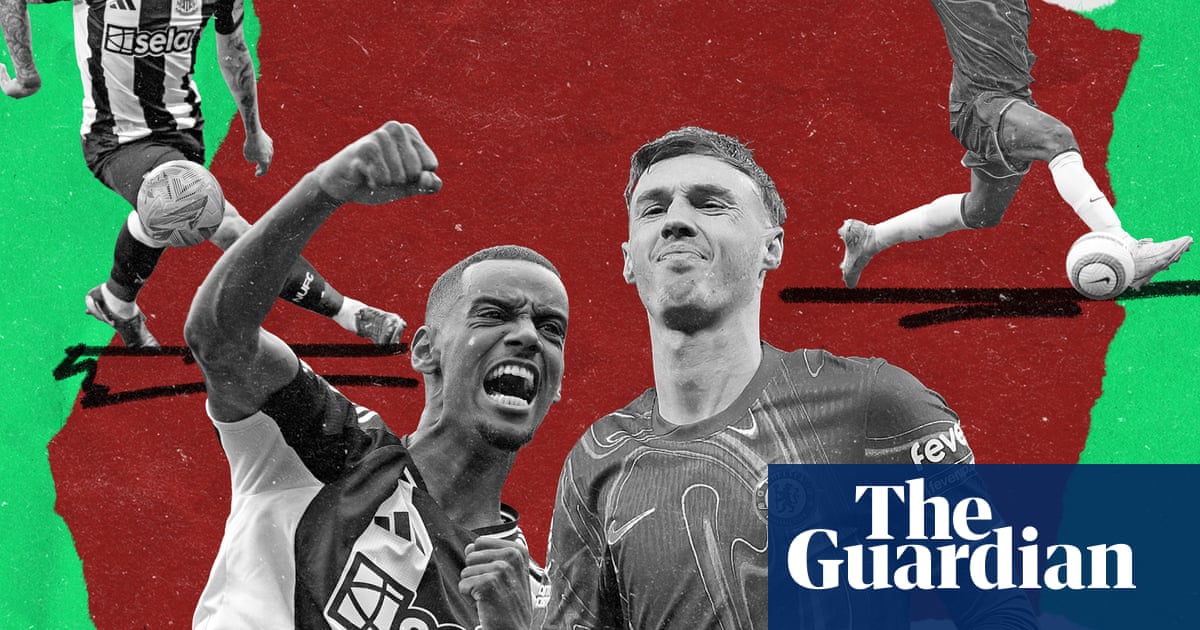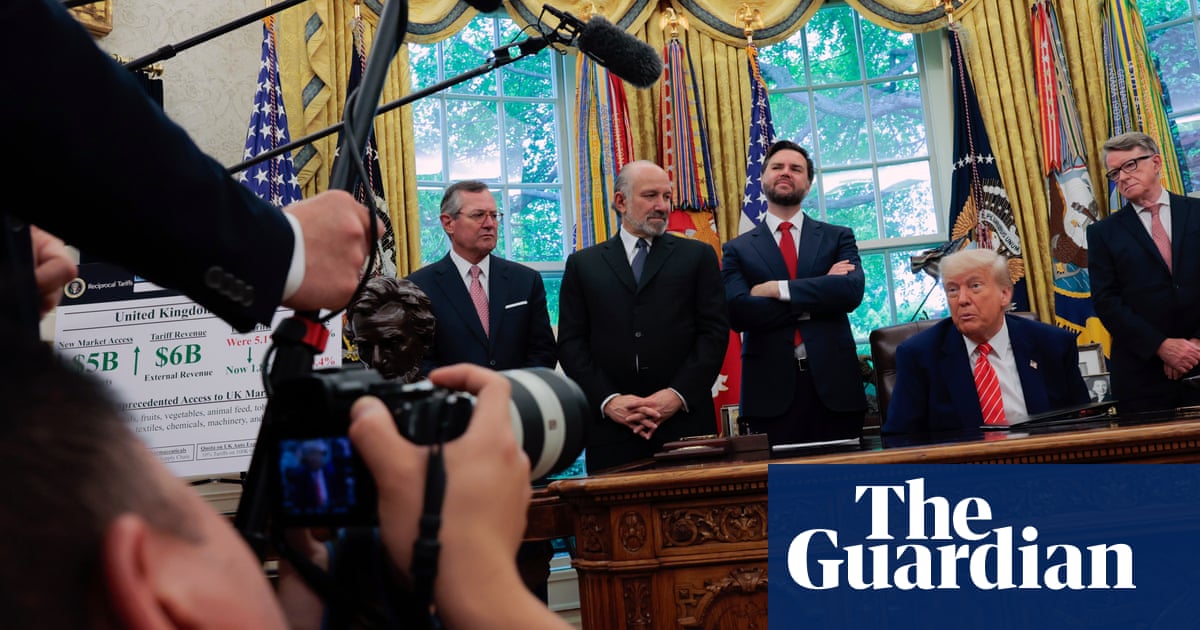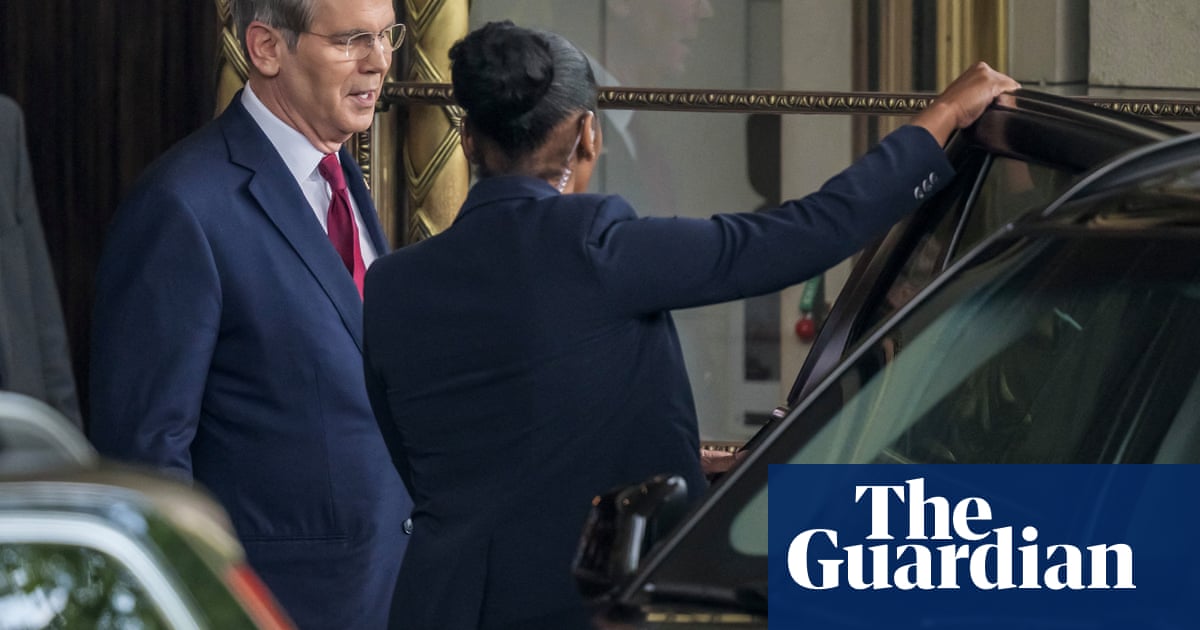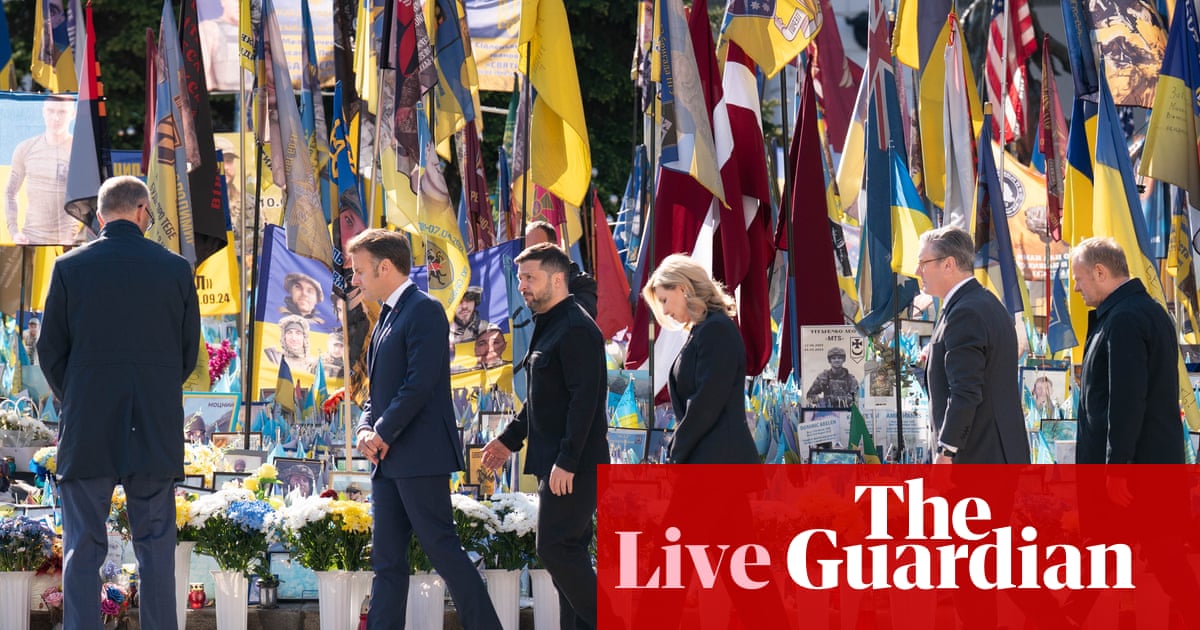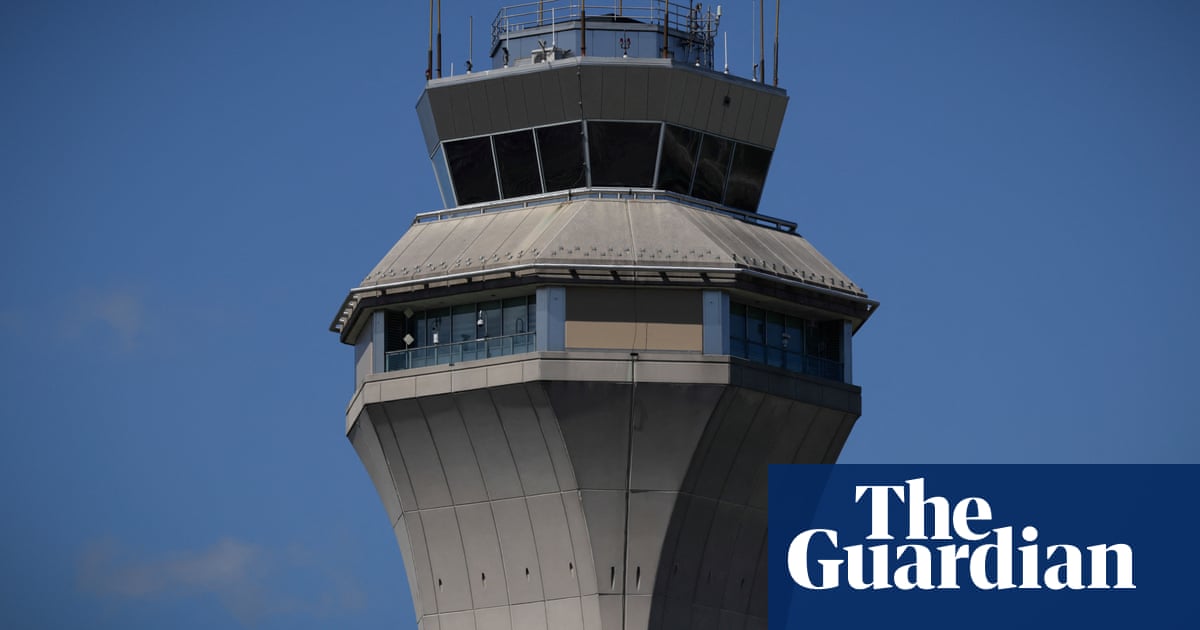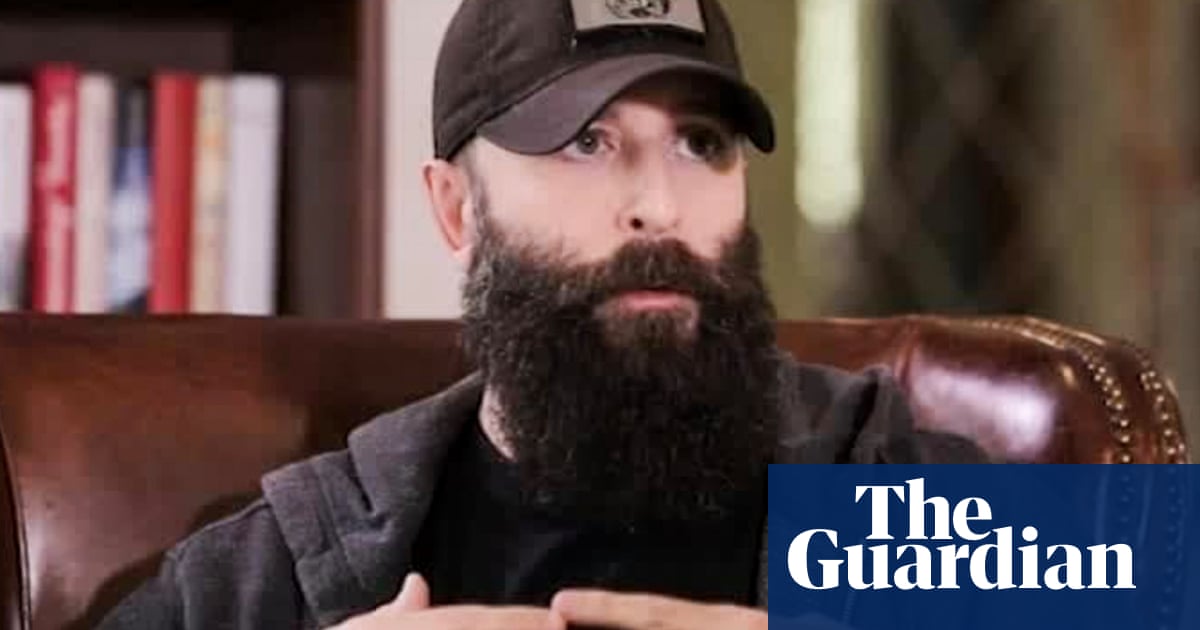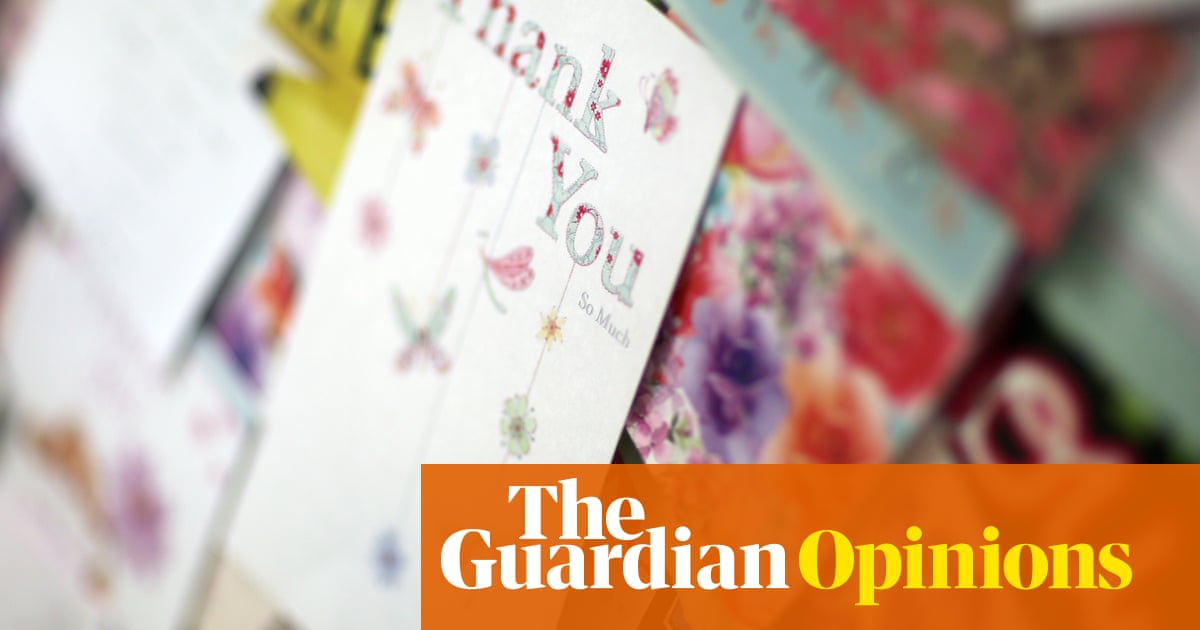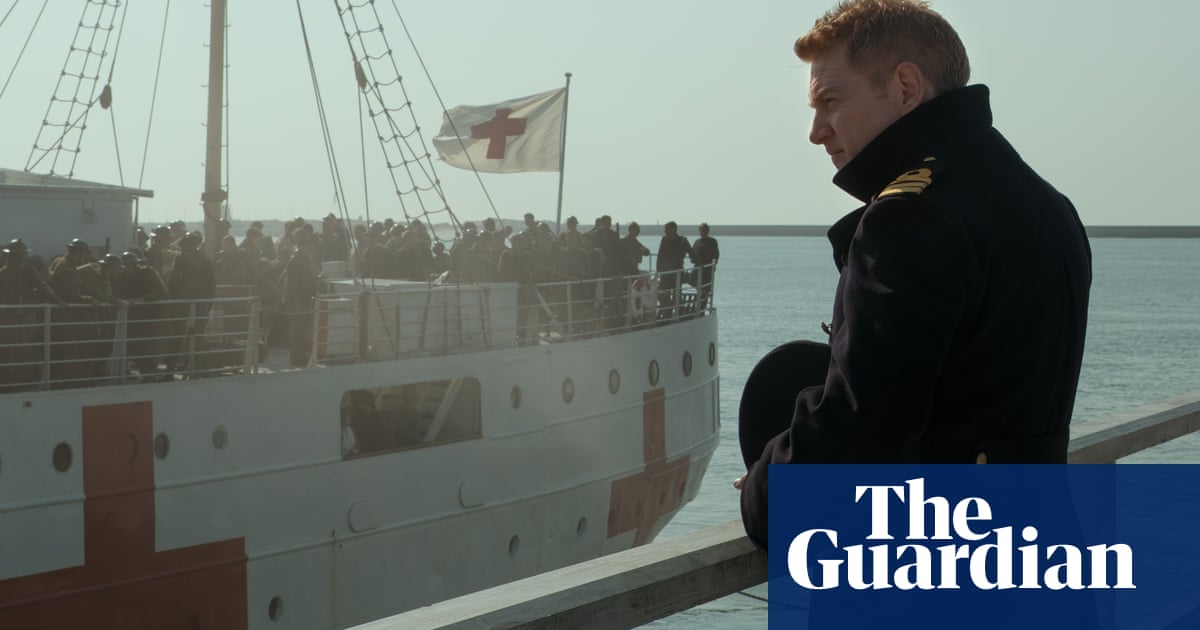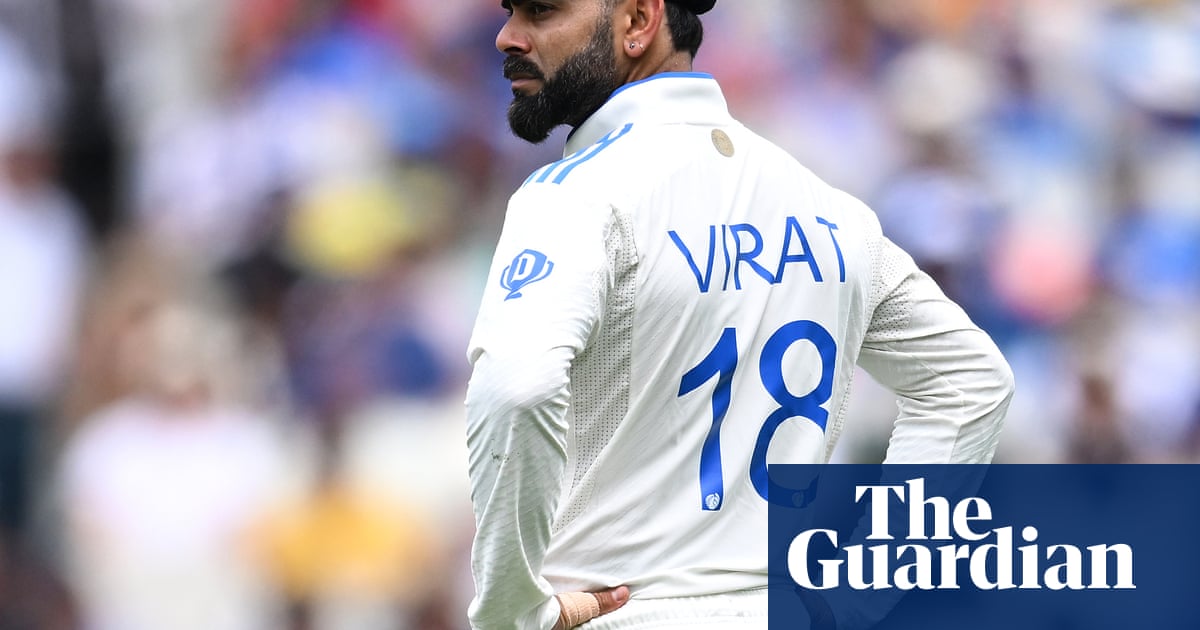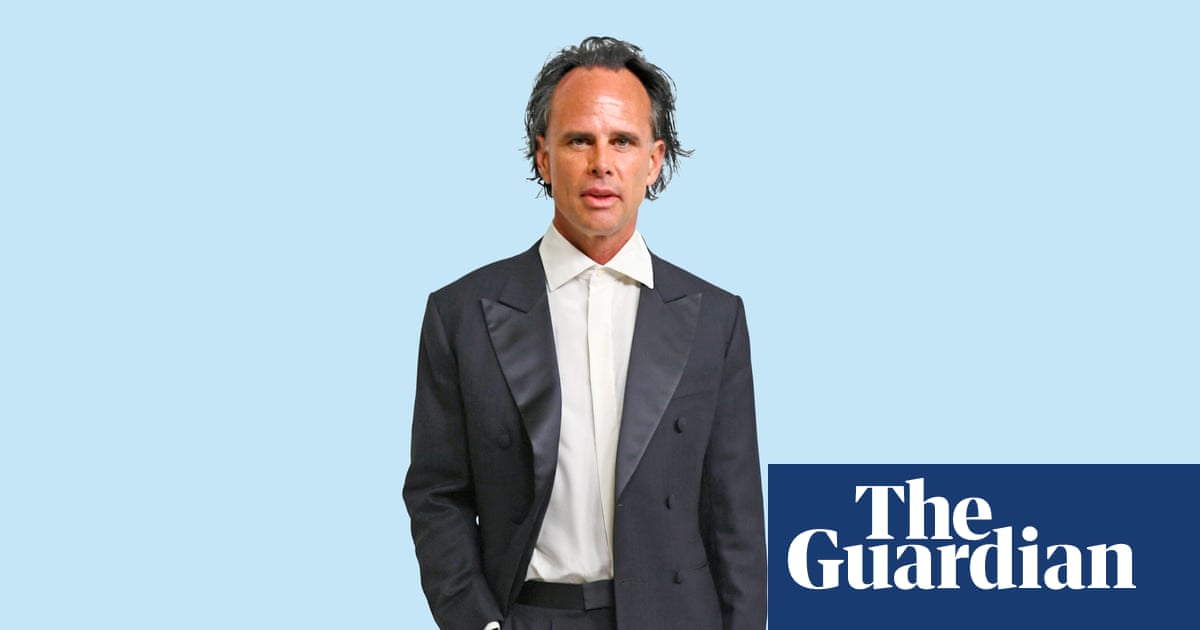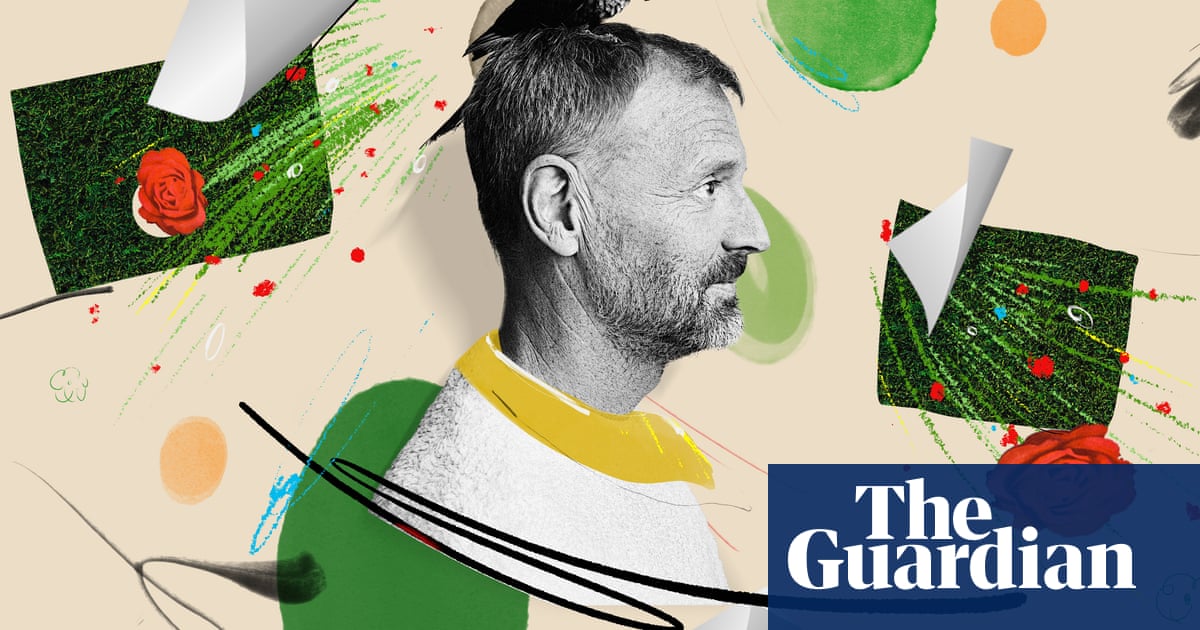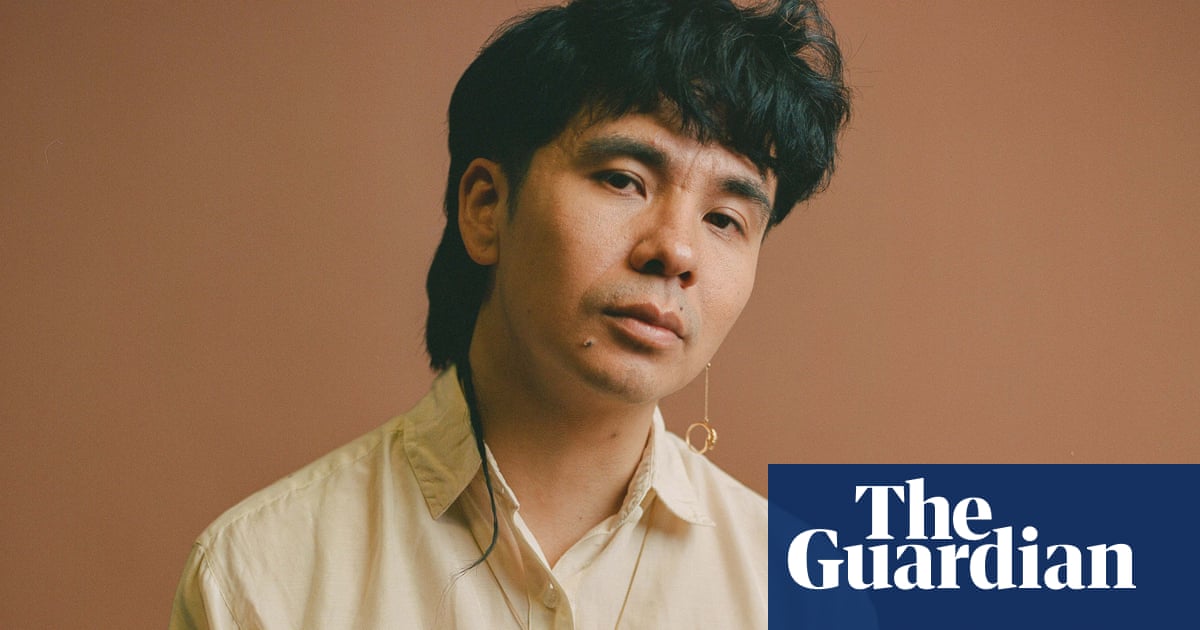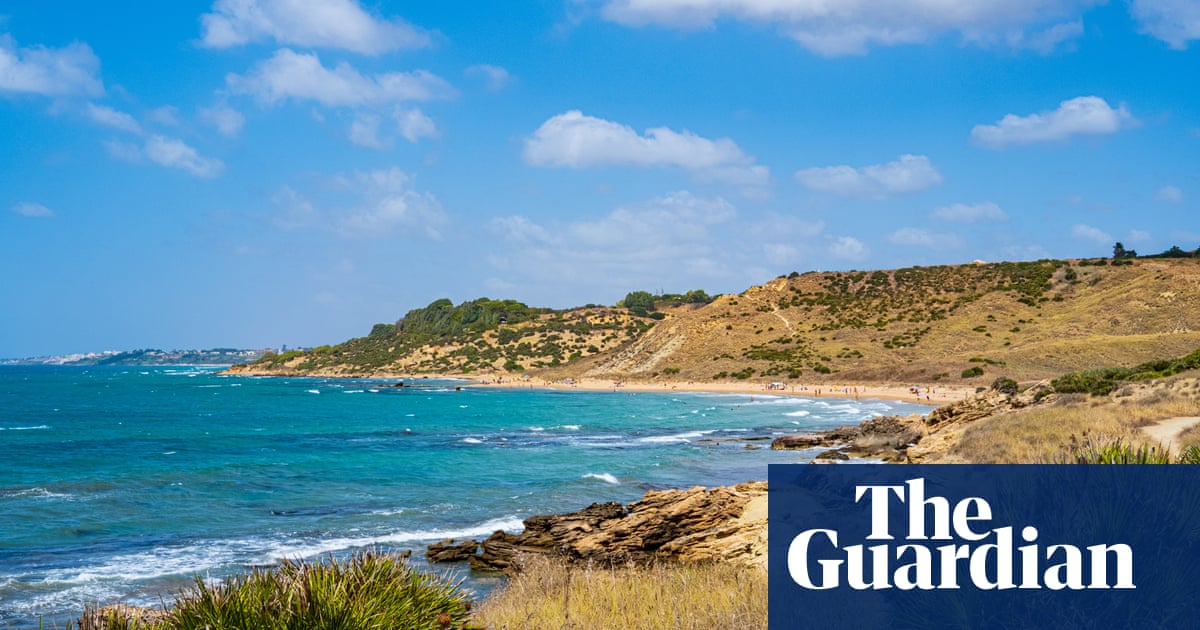Last Saturday morning, with the biting cold and bright sunshine providing a perfect day for football, Jeremy Corbyn climbed off his bicycle at Tufnell Park playing fields. I joked about a red bike being appropriate for his politics and his beloved Arsenal but Corbyn just smiled and gazed at the teeming pitches.
His eldest son, Ben, is a scout for the Arsenal academy and runs the London Football School which coaches around a thousand young footballers. They range in age from three to 18 and there are 42 LFS teams.
Corbyn watched the boys and girls running, passing and yelling with such freedom but he also revealed that, two miles away, there was concern that far-right protesters would gather that afternoon outside Finsbury Park mosque. After spending a few hours with me and Ben, Corbyn would cycle to the mosque, a short walk from the Emirates Stadium.
Arsenal were playing Wolves away at 3pm and, long before the drama of Michael Oliver wrongly sending off 18-year-old Myles Lewis-Skelly, Corbyn went back in time. He reminded me that the Tufnell Park fields had once been Arsenal’s training ground and that the afternoon’s fixture held a special resonance for him.
Corbyn, who grew up in Shropshire, supported Wolves as a boy. He used to wave a rattle and wear the gold-and-black scarf his mum knitted for him, and remembers watching the great Billy Wright at Molineux and Wolves winning the FA Cup in 1960. “The dad of my friend was a farmer who was very keen on football,” Corbyn says. “He’d drive eight kids in an open-top Land Rover – those were pre-health-and-safety days – 20 miles to Wolverhampton. Sometimes he’d take loads of cabbages which he’d sell to a wholesaler on our way to the game.”
Corbyn told me some more amusing stories but started to worry. Ben was with one of his LFS teams at Regent’s Park and running late. “I’ve got to be at the mosque soon after 12,” Corbyn said. “Let me call Ben.”
But he had just bought a new phone and, as he admitted while trying to find his son’s number, he had not worked out how to use it properly. So I called Ben on my mobile and handed the phone to Corbyn. He was suitably dad-like as he chivvied up Ben and then suggested a coffee while we waited.
The nearest cafe was crammed and, despite not being a drinker, Corbyn decided we should head for the pub. But the gates to Tufnell Park Tavern were locked. Seeing some empty benches inside the pub grounds, I asked the independent MP for Islington North whether we should hop over the fence. “We could try,” he replied cheerfully. But I hesitated, imagining the scene as two old codgers were caught on the railings, and there was relief when a young woman slipped out of the pub. She agreed to let us sit on a bench.

Corbyn arrived in London as a student in 1969 but he only became an ardent Arsenal supporter years later. “Ben was born in 1987 and he enjoyed kicking a football so, when he was six, I took him to his first game,” he recalls. “Arsenal won and Ben loved it. I signed him and his brother, Seb, into the Junior Gunners and they talked about Arsenal endlessly. On Saturday mornings, all these kids turned up for breakfast to chat about Arsenal.”
His youngest son, Tommy, never liked football but how did Ben and Seb react when Arsenal lost? “Oh, devastation. It was the same for me. I got very into it and still am. We went to the FA Cup final in Cardiff when Arsenal lost to Liverpool . Five minutes to go, 1-0 up and I’m thinking: ‘We’re going to do it.’ But then Michael Owen scored two and we drove back to their grandmother’s house in Buckingham. It’s a long drive and they didn’t say anything until we passed Cheltenham. They asked: ‘Why do we always lose?’ before more deathly silence.”
The boys spoke Spanish fluently and were great supporters of Chile’s national team because of their mum. Claudia Bracchita, the second of Corbyn’s three wives, left Chile with her family when she was 11. “They came after the Pinochet coup [in 1973],” Corbyn explains. “Her uncle had worked for [President] Salvador Allende and was in Moneda Palace when it was bombed by Pinochet forces. So they went into exile on a ship full of Chilean lefties being expelled. We met in the early 1980s when she was in London, wanting to study art.”
Corbyn and Bracchita divorced when Ben was 11. Among other reasons for their separation, he believed Ben should go to the local comprehensive while Bracchita, concerned about their son’s education, chose a grammar school eight miles from Finsbury Park.
The couple remained in the same house, but essentially lived separate lives before the dispute over Ben’s admission to Queen Elizabeth Grammar School in Barnet eventually became public knowledge. “It was horrible,” Corbyn said.
Did he talk a lot to Ben about the divorce? “Yeah. He felt very sad but Ben and I are very close … I remember photographers trying to take pictures through the windows of the house. I went out and said: ‘I seldom agree with Tony Blair but on this occasion I do. He protects his kids, I’m protecting mine. Clear off.’”

How does Corbyn square his political ideals with the fact that elite football is such a brutally voracious capitalist enterprise? “I get really fed up. Next season’s champions will be decided on the transfer market more than anywhere else. Supporters are obviously passionate but they’re not particularly political. I remember leafleting outside Arsenal before a Spurs game, trying to get Arsenal to become a London living-wage employer, which they did eventually. But there was not much interest.”
Corbyn’s pleasure in football also curdled when Saudi Arabia bought Newcastle United and were granted the 2034 World Cup by Fifa. “Is it right that human rights-abusing regimes are buying football clubs? Football is very powerful and all kinds of regimes, from Franco to Mussolini, used it. But football wants to shy away from the importance of its role in social justice.”
He is sceptical of the Kroenke family’s ownership of Arsenal but talks at length about the club’s admirable work in local community schemes over the years.
Keir Starmer replaced him as Labour leader in 2020 and, despite their antipathy, Corbyn describes the prime minister as “a genuine Arsenal supporter. We did sometimes discuss football and he goes to far more games than I do. Mind you, I’ve only got a season ticket via my sons, which occasionally they lend me.”
Starmer now uses a corporate box at the Emirates, on the advice of his security team, in a decision Corbyn rejects. “I don’t like corporate boxes in football or anywhere else. Sometimes you have to say to security: ‘I’m a human being as well.’”
When an Arsenal community coach told Corbyn that Ben, then aged 10, was a good footballer but not talented enough to play professionally, the man focused on the great empathy the youngster had showed towards his teammates bearing in mind his age. He believed he would become a coach.
“Kids’ football can become toxic,” Corbyn says, “but Ben creates a really positive atmosphere and makes everyone feel included. He shows football at its best.”
We ambled back to the playing fields and Ben, making his apologies and bringing us coffee, blamed his lateness on “the Latin American in me”. His quip tickled our Mexican photographer, Antonio, who snapped away as father and son wrapped their arms around each other. They seemed bound together by football.
There was a poignant moment as we watched Corbyn climb on to his red bike and prepare to face any far-right stragglers outside the mosque. Fears of the protest had faded but the bearded 75-year-old Gunner wanted to ensure that calm and peace prevailed in Finsbury Park. He gave us a cheery wave before cycling away.
Ben’s passion for football, and disquiet about the game’s future, often surpassed his father. “I was tribal about Arsenal when I was a kid,” he says, remembering the first game his dad took him to at Highbury, in 1993. “It was against Sheffield Wednesday and Ian Wright scored the winner on the edge of the box. It was the George Graham days and a typical 1-0 to the Arsenal. From then on my life revolved around Arsenal. We were obsessed.”

Did that fervour help when his parents divorced? “Absolutely,” Ben says. “Football provides a distraction to real problems and gives you a sense of purpose and identity.”
At 17, Ben was told about a community coaching course at Arsenal. He went on to coach junior footballers at Arsenal, Barnet and Watford before, in 2016, starting London Football School. Over nine years he has built LFS to the point where he now pays 60 coaches and offers 100 bursaries to underprivileged kids who need subsidies to attend training and matches.
“I was conflicted starting up my football club but running it as a business,” he said. “I’d never associated grassroots football with a profit-making enterprise because it’s always been a working-class sport. I needed it to be a viable business so that I have an income but, at the same time, make it accessible to everyone.”
Corbyn Jr and Ellen Maggs, who played for Arsenal and England, run LFS but, for all Ben’s positivity, he makes a sombre warning. “If we’re not careful grassroots football is going to become a middle-class sport,” he says. “When you hire a pitch you often go through a lettings agency and it becomes so expensive. We need the FA or the government to protect the essence of grassroots football – otherwise people will be priced out and that would be a travesty.”
Sharing his father’s disenchantment with corporate football, he stresses that “the essence of the game still exists in grassroots communities. But as a fan it’s difficult. The more football becomes globalised, the better the quality because you’re watching world-class players. The trade-off is losing the essence of football – but being involved in grassroots is a really pure way of sustaining that love.”
His love for Arsenal is also bolstered as their academy has recently developed brilliant young footballers in Bukayo Saka, Lewis-Skelly and 17-year-old Ethan Nwaneri. Ben became an Arsenal scout this season and he used to be the translator for the Chilean national team whenever they played in Europe.
He was at the Copa América in 2015 when he heard his dad might become the leader of the Labour party. “On the family group chat a text landed saying: ‘Dad’s put his hat in the ring,’” he says. “It was funny as I thought he had absolutely no chance. Then, midway through the campaign, he was the clear favourite. It was a whirlwind.

“Dad was getting as much attention as most prime ministers and trying to live as ordinarily as he could. We went to the football a few times and it created logistical problems. The hatred the media tried to stir up meant we had a problem with some Millwall fans, at Milton Keynes station, after they’d played MK Dons and they shouted abuse. We very rarely got anything bad at Arsenal – just loads of people wanting pictures and being adoring of him.”
There was an hour left before Arsenal played Wolves but, in keeping with such a distinctive football family, we returned to the lower leagues and the grassroots of the game. Ben told me how he loved sometimes going to Leyton Orient: “It’s like watching proper football.” He also spoke with relish about travelling to Hertfordshire to watch Prosper Keto, a gifted young defender he used to coach, play for Potters Bar Town.
It echoed a story his father had told of taking Ben and Seb as boys to watch non-league football at Aylesbury. “When there was a corner,” Corbyn Sr says, “they’d take their time so the crowd, 200 or 300, could walk round to that side of the ground.
“Then, on the rare occasions that Aylesbury scored, the players would form a semi-circle and flap their arms around like ducks, Aylesbury ducks. That’s real. That’s entertainment. It reminds us that football can be incredible.”

 3 months ago
53
3 months ago
53

